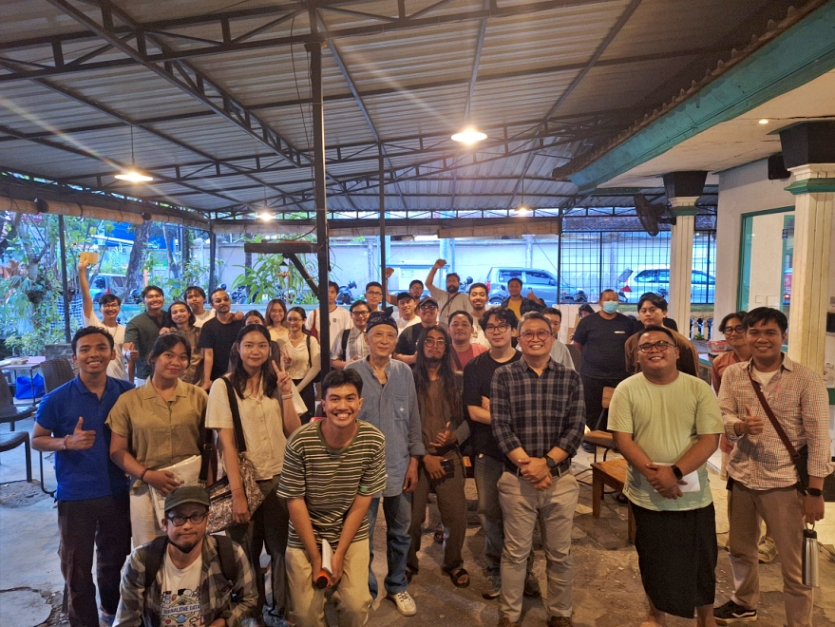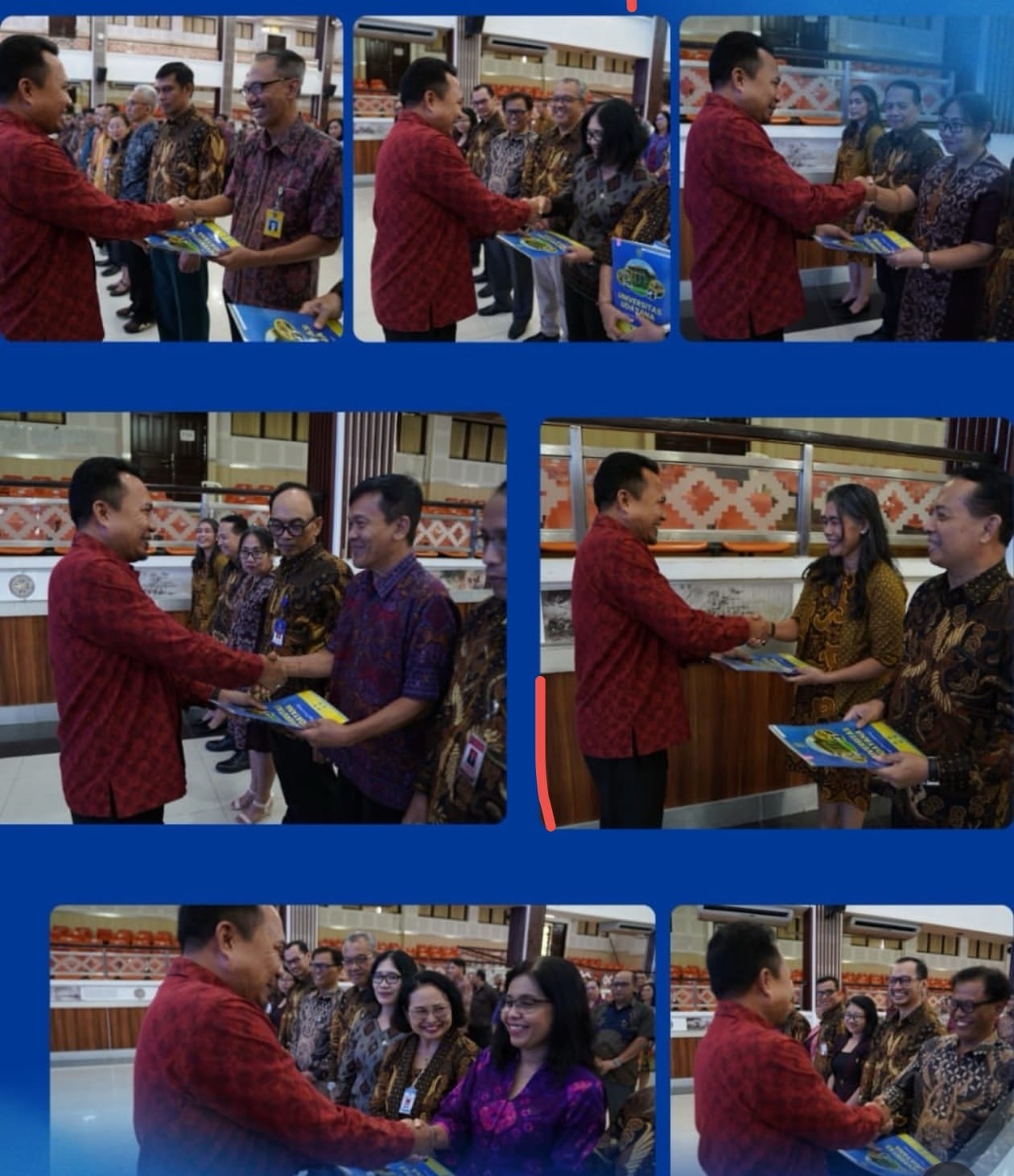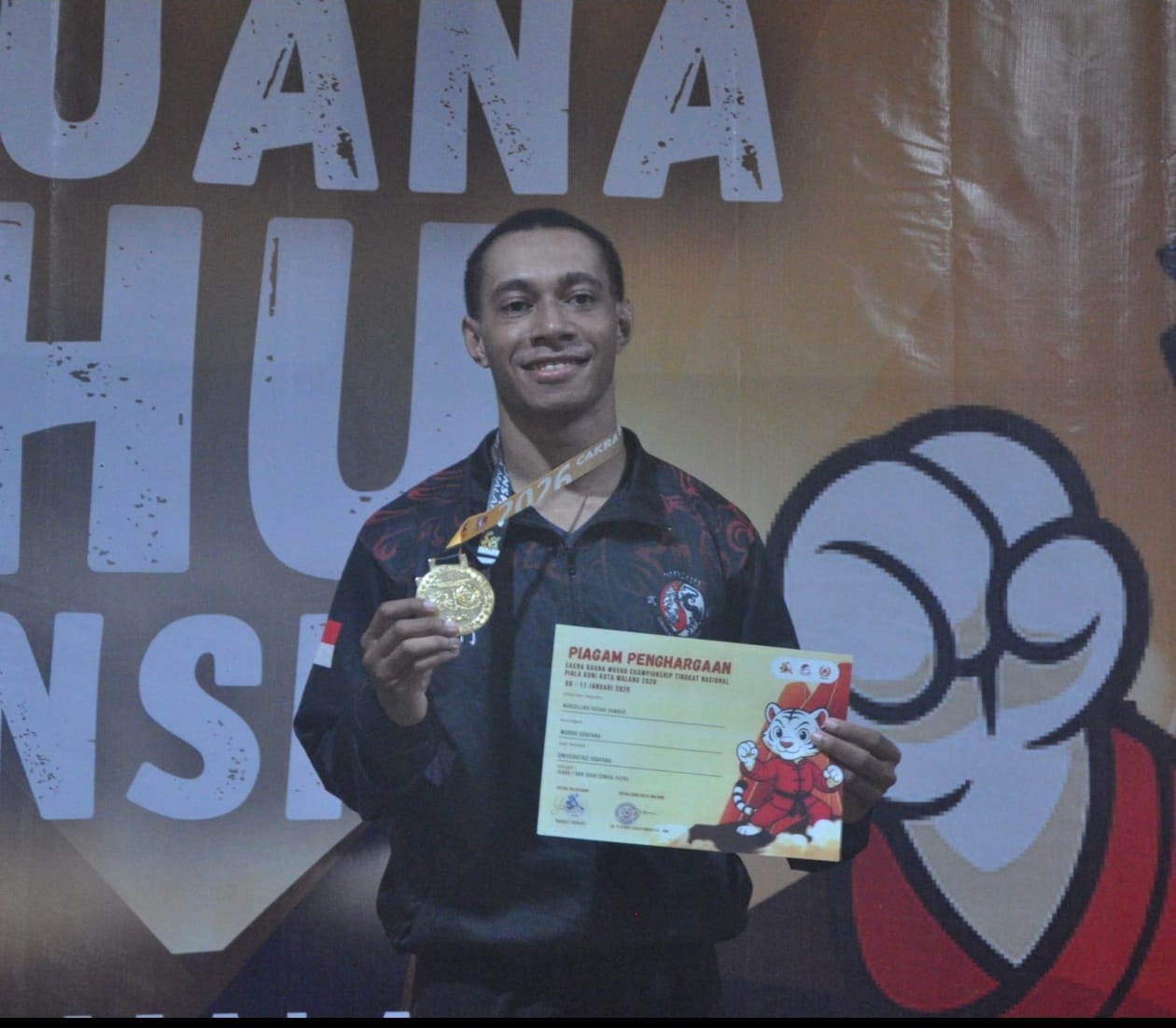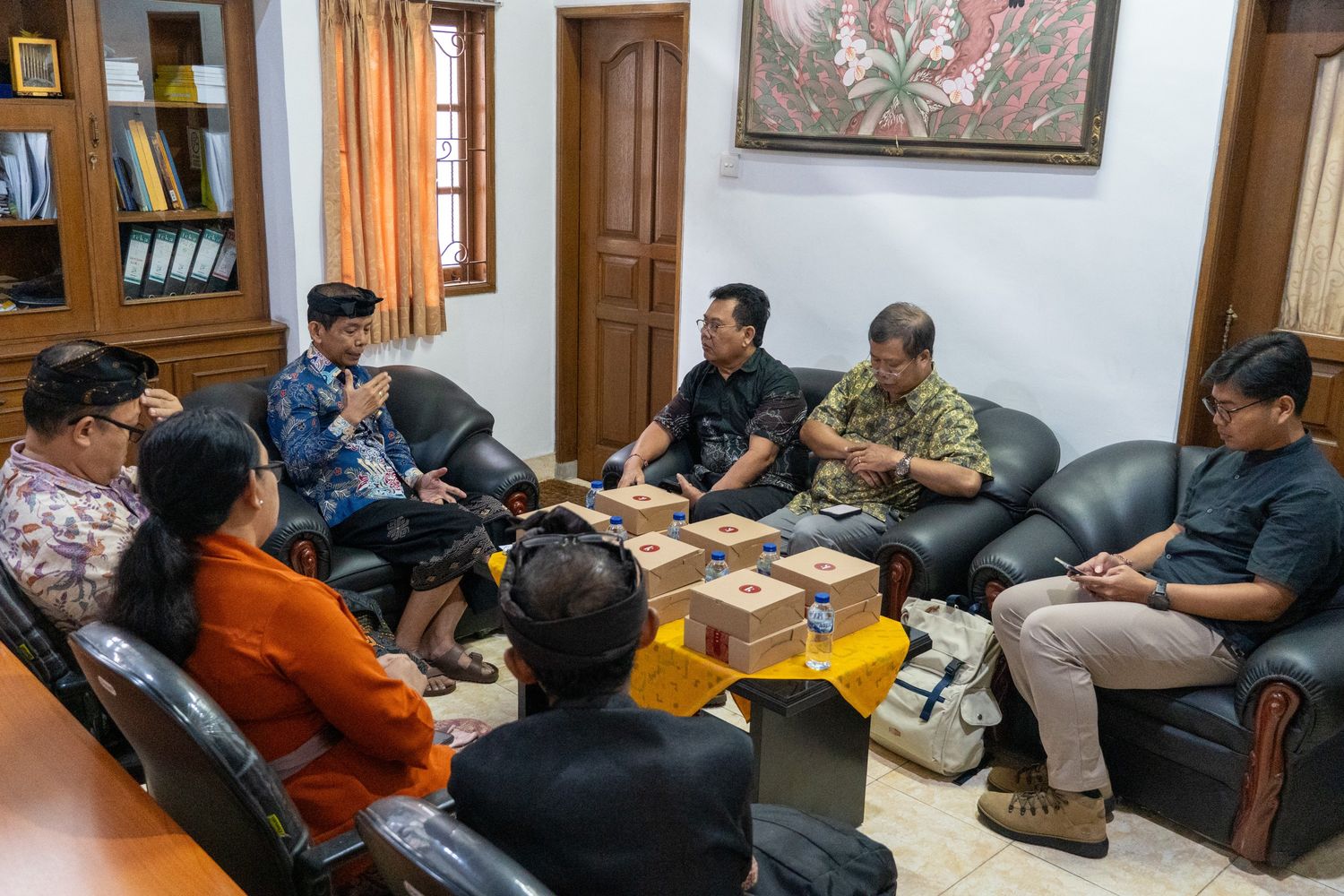Offering New Perspectives on Cultural Relations and Identity in Bali, Alumni of the Archaeology, Cultural Anthropology, and History Study Programs FIB Unud, Hold Discussions and Book Reviews
The Nuturang Community, formed by alumni of the Faculty of Humanities, Udayana University, especially from the Archaeology, Anthropology, and History Study Programs, held a public discussion and book review with the theme “Budaya Bali, Siapa yang Berhak?”(Balinese Culture, Who Has the Right?) in Denpasar, May 31, 2025. This activity is part of the " Melihat Bali dari Berbagai Sisi” (Seeing Bali from Various Sides) program, which took place at the Dalam Rumah Community Hub, Denpasar. The Nuturang Community, since its establishment in February 2024, has been committed to providing a space for discussion and documentation of local stories that are often missed from the mainstream narrative, especially regarding issues of humanity, culture, and diversity in Bali. Through this activity, it is hoped that it can foster collective awareness regarding the importance of documenting and maintaining the diversity of cultural narratives in Bali.
In the first series of the “Seeing Bali from Various Sides” program, Nuturang collaborated with Gede Budarsa, an anthropologist and lecturer at the Cultural Anthropology Study Program, Faculty of Humanities, Udayana University, who has just published a book entitled “Air Wudhu di Tengah Samudra Tirtha: Kebudayaan Masyarakat Islam Pegayaman Bali”. This book is an important entry point in understanding the dynamics of the relationship between the Muslim community of Pegayaman and Balinese culture more broadly, especially in the context of the dominance of the Hindu-Balinese cultural narrative which has so far received more attention. This discussion presents two leading academics, Prof. Dr. I Nyoman Yoga Segara, S.Ag., M.Hum. and Dr. Purwadi, M.Hum. The two academics will dissect the contents of the book as well as discuss how the construction of Balinese culture has been influenced by various historical forces, including colonialism.
In their presentations, the speakers highlighted how the image of Bali as a “Hindu Island” was systematically shaped by colonial discourse that targeted Bali’s spiritual and cultural exoticism for tourism and geopolitical interests. This dominant narrative then gave birth to fairly exclusive boundaries of cultural identity, where Balinese culture was considered inseparable from Hindu religious symbolism. This led to the emergence of identity campaigns such as “Ajeg Bali”, which on the one hand functioned as a response to the shock of globalization and the Bali Bombing tragedy, but on the other hand helped strengthen symbolic barriers that could have an impact on the marginalization of non-Hindu groups. In this forum, participants were invited to rethink who actually “has the right” to Balinese culture.
Muslim communities such as Pegayaman show that they can not only adapt to local culture, but also enrich Balinese culture in their own way—through social traditions, language, and unique cultural practices. Pegayaman is an example of how Balinese Muslims can practice Islam that is deeply rooted in local values, without losing their identity as part of Bali. In their discussions, the participants, consisting of students, academics, cultural communities, and the general public, raised many questions about the boundaries of cultural representation and the possibility of building more just and equal cultural relations in a multicultural society. In the future, such activities are expected to expand cultural spaces, so that they do not only belong to certain groups, but a shared home for all who live and grow on this Island of the Gods.




UDAYANA UNIVERSITY